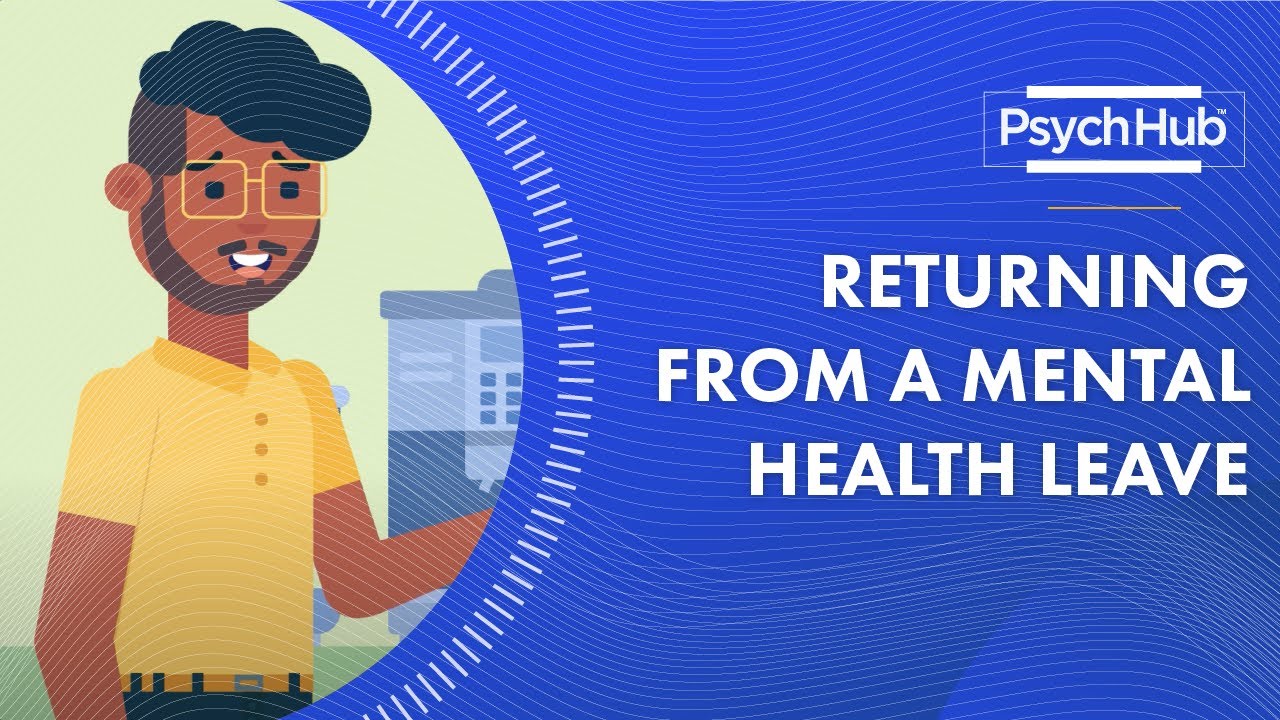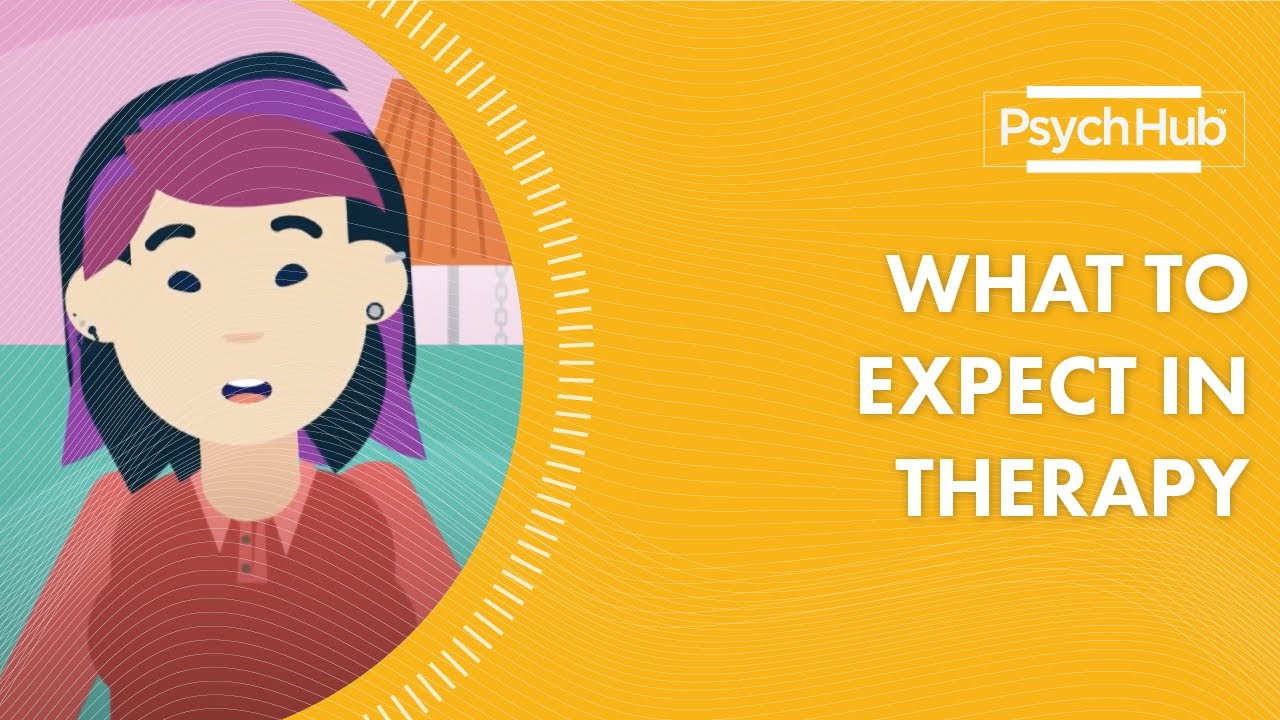Have you ever wondered if such a simple activity like mindfulness could actually dramatically impact your mental health? The idea that spending just a few minutes a day on something benign could lower symptoms of depression by 19% might seem far-fetched yet tantalizingly possible.
10 Minutes of Mindfulness Could Lower Depression by 19%
According to a recent study conducted by researchers from the Universities of Bath and Southampton, just 10 minutes of daily mindfulness practice can bring about significant improvements in mental health. The study suggests that brief yet consistent mindfulness sessions can reduce depression and anxiety, enhance overall well-being, and foster healthier lifestyle habits over time. These findings were published in the British Journal of Health Psychology and underscore the profound impact of mindfulness, especially facilitated through a free mobile app, Medito.
1724302092-0/Taylor-Swift-(3)1724302092-0-405x300.webp)
The Study and Its Findings
Involving 1,247 adults from 91 countries, the study categorized participants into two groups: those who undertook a mindfulness routine and a control group that listened to excerpts from Alice in Wonderland. The mindfulness exercises included relaxation techniques, body scans, breath-focused attention, and self-reflection. Surveys assessing mental health were completed by participants before and after the 30-day mindfulness program.
Key Findings:
- Well-being Improvements: Participants in the mindfulness group reported notable enhancements in their overall well-being.
- Reduced Depression and Anxiety: There was a significant reduction in symptoms of depression and anxiety among the mindfulness group, with a reported decrease in depression by 19%.
- Better Sleep Quality: Improved sleep quality was another benefit observed among those practicing mindfulness.
- Sustained Benefits: The positive effects of mindfulness were largely maintained even a month after the training ended.
Understanding Mindfulness
You might be wondering what exactly mindfulness entails. At its core, mindfulness is the practice of staying present and fully engaging with whatever is happening in the moment. It involves a level of awareness and acceptance of one’s feelings, thoughts, and bodily sensations without judgment.
Benefits of Mindfulness
Practicing mindfulness has a multitude of benefits, many of which were reflected in the study’s findings:
- Enhanced Self-Awareness: Becoming more in tune with your thoughts and emotions allows for better emotional regulation.
- Improved Self-Control: Mindfulness helps in curbing impulsive reactions and promoting more thoughtful responses.
- Increased Gratitude: A heightened sense of presence often translates to a deeper appreciation for the present moment.
- Greater Patience and Joy: Being mindful can alter your perspective, enabling you to find joy in everyday activities and interactions.
- Better Stress Management: Mindfulness techniques can reduce the physiological markers of stress.
The Role of Technology
The study led by Masha Remskar emphasized the power of digital technology in promoting mindfulness. Dr. Ben Ainsworth, co-author and head of the Digital Intervention Group at the University of Southampton, highlighted how a freely available app like Medito can make behavioral and psychological techniques easily accessible to people. This facilitates the integration of mindfulness into daily life in a manner that suits individual preferences.

How to Get Started with Mindfulness
If you’re considering incorporating mindfulness into your routine, remember that simplicity is key. Here are some practical steps to get you started:
- Choose a Quiet Space: Find a place where you can sit without interruptions.
- Set a Timer: Start with just 10 minutes each day.
- Focus on Your Breath: Pay attention to your breath, noticing the inhalation and exhalation.
- Mindful Observation: Observe your surroundings without judgment.
- Guided Meditations: Use apps like Medito for guided mindfulness sessions.
Mindfulness Techniques Explained
Breath-Focused Attention
This simple technique involves concentrating on your breath. Feel the sensation of air moving in and out of your nostrils or the rise and fall of your chest. If your mind drifts, gently bring it back to your breath.
Body Scan
A body scan involves mentally scanning your body from head to toe, noticing any tension or discomfort. This practice encourages relaxation and a deeper connection with your physical self.
Self-Reflection
Taking a few moments for self-reflection can offer immense benefits. Reflect on your thoughts, feelings, and experiences in a non-judgmental way, acknowledging them as they are.
Real-life Applications and Feedback
One participant shared, “Awareness, self-control, gratitude—I am more patient, and I take more joy from the present moment.” This encapsulates the profound transformative power of mindfulness.
Practical Implications and Future Directions
The implications of these findings are vast, suggesting that mindfulness not only promotes better mental health but also encourages other healthier habits. Researchers are eager to explore how these psychological skills can be applied to promote regular exercise and other beneficial behaviors.
Addressing Common Misconceptions
Some may feel skeptical about the effectiveness of such a minimalist approach to mental health. It’s important to address these reservations:
- Too Time-Consuming: In reality, starting with just 10 minutes a day can yield significant benefits.
- Needs to Be Perfectly Quiet: While a quiet environment helps, mindfulness can be practiced anywhere.
- Only for Stress-Free People: On the contrary, those dealing with stress can greatly benefit from mindfulness.
Mindfulness in Different Contexts
Mindfulness can be applied across various life contexts, enhancing both personal and professional landscapes. Here are some examples:
Work Environment
Practicing mindfulness at work can lead to better focus, productivity, and job satisfaction. Simple practices like short mindful breaks can significantly impact overall work experience.
Home Life
Integrating mindfulness into home life helps in building stronger relationships and improving communication. Simple acts like mindful listening can create more meaningful connections with family members.
Social Settings
Mindfulness fosters better social interactions by enabling you to be more present and engaged with others. This can lead to more fulfilling friendships and social bonds.
Long-Term Benefits
The long-term benefits of mindfulness are profound, impacting various aspects of life including physical, emotional, and social well-being. People who practice mindfulness regularly report lower levels of stress, an improved sense of life satisfaction, and a greater capacity for emotional resilience.
Developing a Mindfulness Routine
Creating a consistent mindfulness routine can be straightforward. Here’s a simple guide to help you establish a daily practice:
- Set a Daily Reminder: Use your phone or an alarm to remind you to practice.
- Ease into It: Don’t stress over missing a day. Consistency builds over time.
- Track Your Progress: Keeping a journal can help you monitor improvements in your mental health.
Overcoming Obstacles
Starting and maintaining a mindfulness practice can come with challenges. Here are some common obstacles and how to overcome them:
- Distractions: Find a quiet place and consider using noise-cancelling headphones.
- Restlessness: Start with shorter sessions and gradually increase the duration.
- Skepticism: Give it a try for a month and observe any changes in your well-being.
Scientific Backing and Expert Opinions
Researchers highlight that the scientific community supports mindfulness as a beneficial practice. Dr. Masha Remskar stated, “This study highlights that even short, daily practices of mindfulness can offer benefits, making it a simple yet powerful tool for enhancing mental health.” Her colleague, Dr. Ben Ainsworth, also underscored the role of digital technology in making mindfulness accessible to the masses, facilitating the integration of psychological techniques into everyday life.
The Bigger Picture
Mindfulness is more than just a trend; it’s a growing field of study with robust scientific backing. Its accessibility and profound benefits make it a practical tool for anyone looking to enhance their mental health and overall quality of life.
Frequently Asked Questions
To provide a comprehensive understanding, let’s address some common questions about mindfulness.
What is Mindfulness?
Mindfulness is the practice of staying present and fully engaging with whatever is happening in the moment without judgment.
How Long Should I Practice Mindfulness Daily?
Starting with 10 minutes a day can be very beneficial. Gradually, you can increase the duration as you become more comfortable with the practice.
Do I Need Special Equipment for Mindfulness?
No special equipment is needed. All you need is a quiet space and a few minutes of your time.
Can Mindfulness Help with Anxiety?
Yes, mindfulness can significantly reduce symptoms of anxiety by promoting a more relaxed state of mind.
Conclusion
The findings from the study by the Universities of Bath and Southampton reveal that just 10 minutes of daily mindfulness can lower depression by 19% and enhance overall well-being. These benefits are not only immediate but also sustained over time. Incorporating mindfulness into your daily routine can be a simple yet powerful step towards better mental health and a more satisfying life. So, take those 10 minutes each day to practice mindfulness; it might just be the key to unlocking a happier, healthier you.







